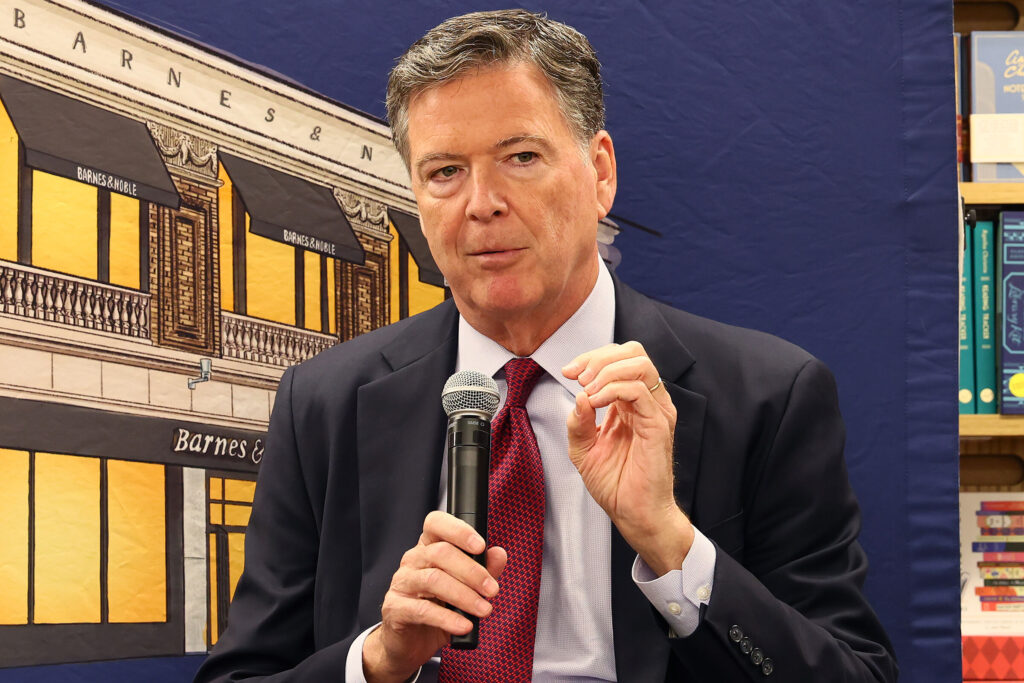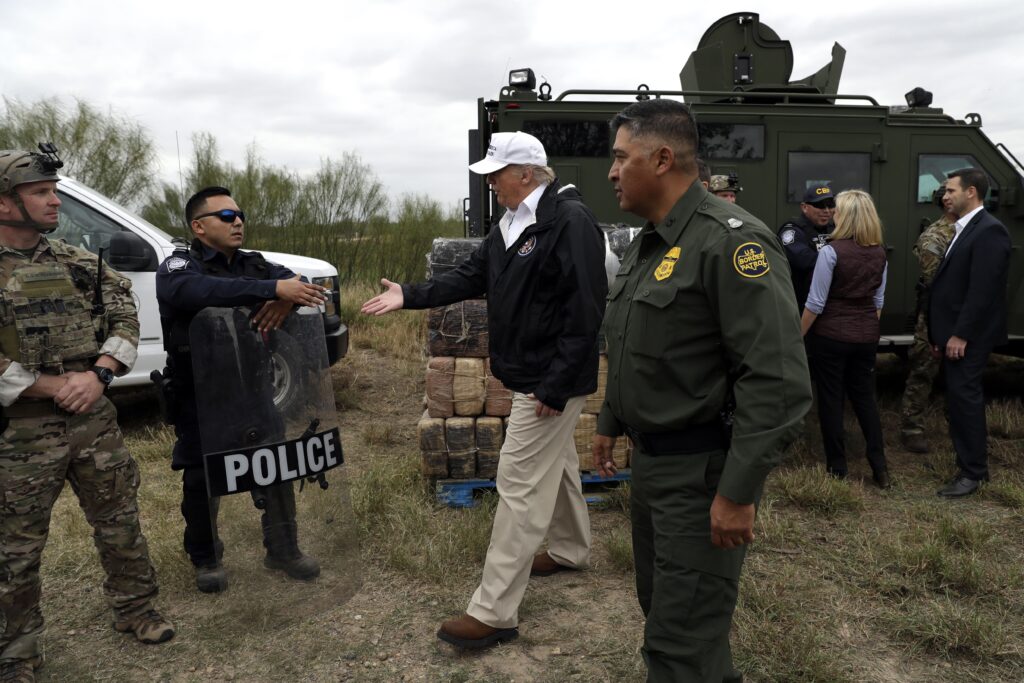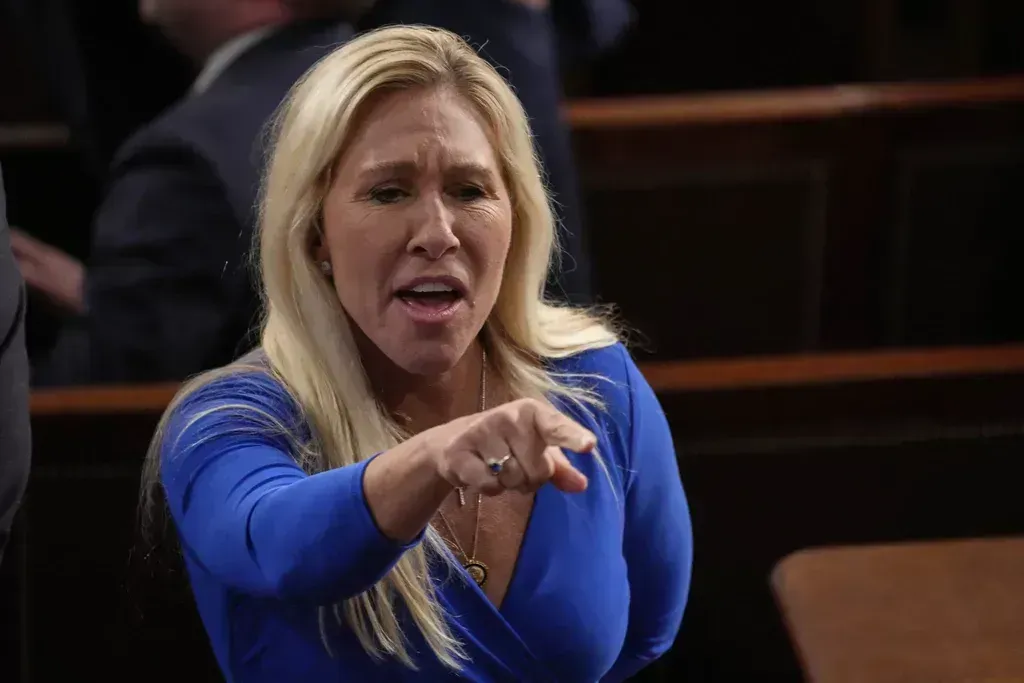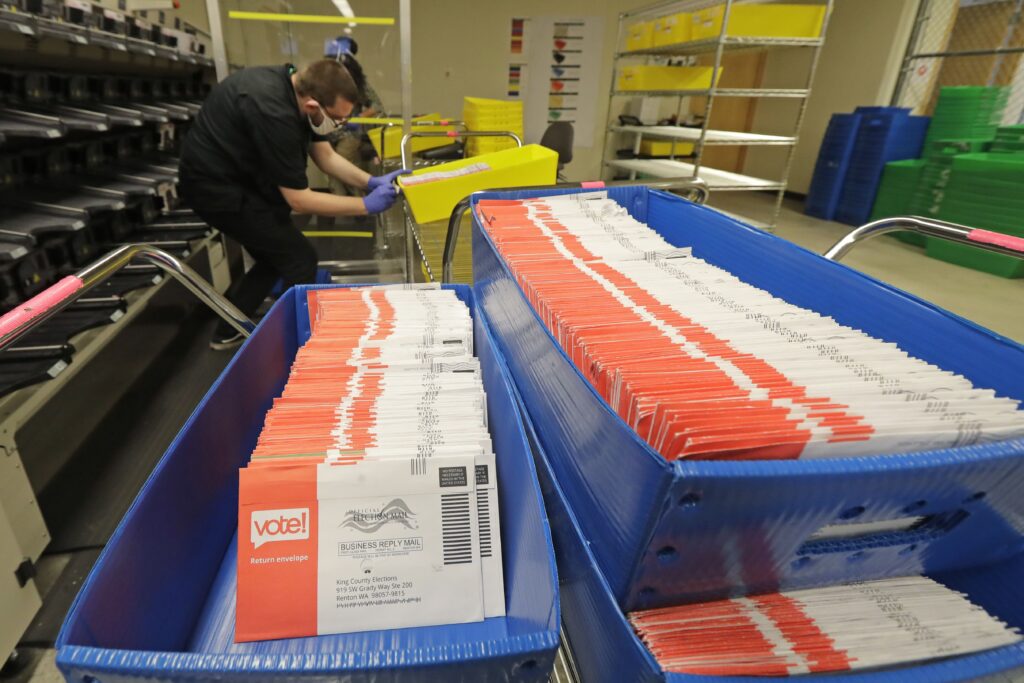Metro Denver homeless providers react to Supreme Court upholding legality of camping bans
In a flurry of decisions released Friday morning, the United States Supreme Court ruled that a camping ban in Oregon does not constitute “cruel and unusual punishment” and, as such, the policy does not violate the Eighth Amendment.
The ruling may have significant ramifications for cities in the West, particularly for cities like Phoenix, San Francisco and metro Denver, which have been grappling with a growing homelessness crisis.
In Aurora — Colorado’s third largest city with a homeless challenge that often intersects with Denver’s but that takes a very different approach to dealing with it — a new camping ban ordinance passed through the city council on Monday night.
The ordinance, which outright bans camping along the I-225 corridor, is part of a two-move strategy that proponents are calling a “tough love” approach to address homelessness in the city. The second part of the approach, passed in a previous council meeting, creates a special court for misdemeanors by homeless people.
This vote came three days before the Supreme Court decision.
Aurora Mayor Mike Coffman told the Denver Gazette on Friday that, while the decision could help policymakers uphold the ban, it will not change the city’s overall approach to homelessness.
“I think that enforcing camping bans without providing housing and services is inhumane,” Coffman said. “We are still going to move forward with our tough love approach as we planned.”
Coffman added that Aurora officials will not start enforcing the strict camping ban until the HEART court is fully functional, which he predicts will be the end of August, he said.
Denver has had an urban camping ban in place for more than a decade. Residents would be hard pressed to know it exists, however, as up until recently, homeless encampments dotted city corners and encroached on many businesses.
Denver’s ban was challenged during the November 2019 election via a measure called the “Right to Survive in Public Spaces,” which would have effectively overturned the policy by removing civil penalties for resting, sheltering, eating, or sleeping in a parked car, according to the ordinance language.
Denver voters resoundingly rejected the measure, with over 80% voting to uphold the urban camping ban.
Statewide, Colorado Springs also has an urban camping ban and recently ramped up efforts to enforce it. Other cities, such as Grand Junction and Fort Collins, also adopted camping bans of some capacity.
The American Civil Liberties Union of Colorado has fought for years the concept for years. In 2018, the group took Fort Collins to court over the city’s enforcement of its ban. Though the decision didn’t overturn the camping ban, the ACLU chalked it up as a victory.
The organization expectedly condemned the most recent ruling through a statement provided to The Denver Gazette.
“Addressing homelessness through tickets, arrests and incarceration is inhumane and ineffectual. As housing costs in Colorado continue to rise, state and local governments have a duty to explore, implement and steward solutions that address the root causes of homelessness,” ACLU of Colorado’s Deborah Richardson said. “This decision imperils the lives, safety, and dignity of people experiencing homelessness and housing insecurity.”
In February, Denver City Councilmembers introduced a measure that would ban homelessness sweeps if temperatures fell below 32 degrees Fahrenheit. Though the council was able to advance it to Mayor Mike Johnston’s desk, he vetoed it and the council did not have the votes available to override the ruling.
At-large Councilwoman Sarah Parady earlier described sweeping encampments in freezing weather as “inhumane.” She did not immediately respond to a request for comment on the Supreme Court’s ruling.
Cathy Alderman, a spokesperson for Colorado Coalition for the Homeless, said she and her colleagues were “very disappointed” to see the Supreme Court ruling.
“Camping bans do not solve homelessness. In fact, they make it worse,” she said. “Forcing people to move from an encampment and leaving them nowhere else to go, or putting them in jail, just exaggerates the issues that are causing or prolonging their homelessness.”
Instead of enforcing homeless camp sweeps, policymakers need to address growing housing costs and come up with creative solutions for making housing more affordable, especially in Colorado, she said.
Some groups praised the ruling, saying it gives teeth to some cities and municipalities that may have previously lacked the “political will” to enact and enforce a camping ban.
Craig Arfsten, co-founder of Citizens for a Safe and Clean Denver, said the city likely won’t see much change as a result of the decision. He credited the city for being somewhat proactive on the issue by mandating the urban camping ban. He said that municipalities like Aurora are also being proactive with their approaches.
But where Denver fell short was the previous administration’s lack of political will to enforce the camping ban, he said. Arfsten said people should give Mayor Mike Johnston credit for sweeping encampments.
The court’s decision upholds a city’s “right to maintain the safety and well-being of the city,” Arfsten said.
“The idea that the homeless are some kind of protected class or that they’re separate from everyone else no longer applies, and the city can arrest them,” he said. “Advocates aren’t going to like the decision and they’re going to say that this group is being unfairly targeted.”
Arfsten said urged homeless advocates to consider whether they are “enabling bad behavior” or actually trying to help homeless people. As for the mayor, he hopes Johnston has a plan for the future and isn’t simply housing people for the sake of saying they’ve transitioned to shelters.
But the court’s decision has limits, Arfsten said, and other cities and towns without a camping ban will be largely unaffected by the ruling.
The ruling certainly makes it easier to put one in place, as many legal hurdles surrounding them are now removed, but a politician still has to wake up and say, “I don’t want to see tents all over my city,” Arfsten said.
Johnston, who has made addressing homelessness in Denver a top priority of his administration, said through a spokesperson the ruling has not changed the city’s approach.
His office said it doesn’t need the Supreme Court’s guidance to address homelessness “the right way.”
“In Denver, we believe people should sleep in their own beds, not street corners. That’s why we have spent the last 12 months moving more than 1,600 people indoors, including 536 individuals who are now permanently housed,” a mayor’s office spokesperson said. “This strategy aligns with national best practices issued by the U.S. Interagency on Homelessness for addressing encampments, and we look forward to continuing this approach as we work toward bringing a total of 2,000 people indoors by year’s end.”











